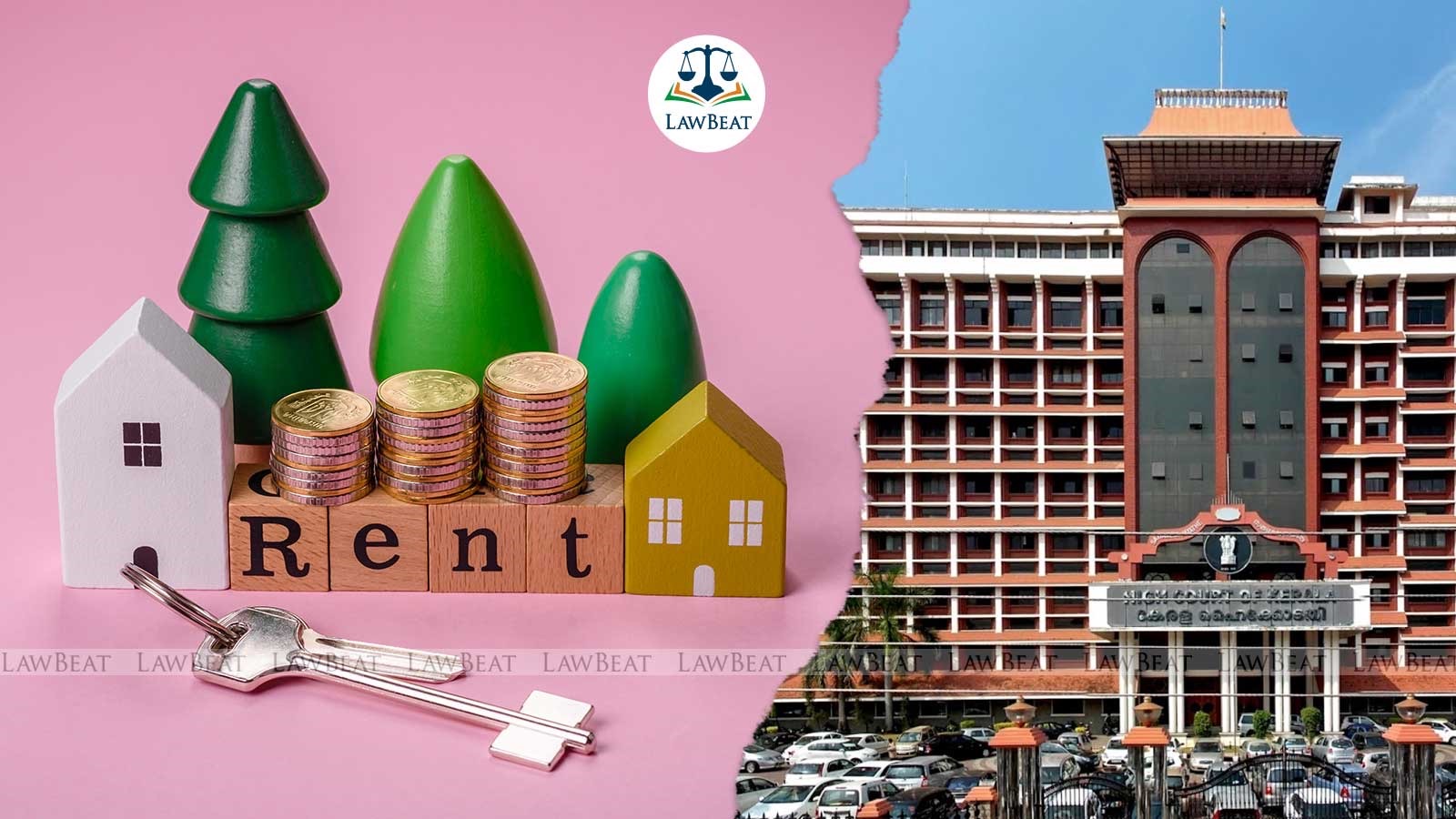Tenant Cannot Seek Injunction from Eviction Without Fulfilling Obligation to Pay Rent : Kerala HC

The court reaffirmed that a landlord holds paramount ownership of the tenanted premises, and a tenant’s right to occupy it is entirely dependent on their obligation to pay rent
The Kerala High Court has held that a tenant is not entitled to seek an injunction from eviction without fulfilling the primary obligation to pay rent. The court ruled that equitable relief, such as an injunction, is discretionary and not available to tenants who neglect their legal duties.
The verdict, delivered by a Single judge bench of Justice C. Jayachandran, emphasised that the principle of equity is pivotal in cases seeking injunctions, especially in landlord-tenant disputes. Citing the doctrine that "he who seeks equity must do equity," the court underscored that the tenants had failed to fulfil their legal duty by not paying the agreed rent. Further, the court highlighted that while landlords cannot take the law into their own hands to forcibly evict tenants, this does not give tenants the right to continue occupying the premises without payment.
“It cannot be lost sight of the fact that the landlord is the paramount title holder of the tenanted premises; and the tenant's right to occupy the same is only as provided for by the statute, that is to say, the Transfer of Property Act. This Court has already held that such right of the tenant to hold the premises is wholly dependent on his obligation to pay the rent,” the court further observed.
The court’s observation came in a petition filed by the tenants in the disputed premises, who sought an injunction to prevent their landlords from evicting them. Their primary argument rested on the claim that the eviction attempt was not in accordance with legal procedures and amounted to forcible dispossession. The tenants sought protection from the court, alleging that the landlords had violated the law in their efforts to evict them. However, the landlords countered that the tenants had failed to meet their fundamental obligation under the lease agreement—payment of rent. The petitioners also contended that regardless of the alleged non-payment, they were entitled to remain in possession of the property until a proper eviction process was followed. It was argued that any attempt to forcibly evict them without adhering to legal procedures was unjustified. In response, the landlords maintained that the tenants had defaulted on rent payments, which nullified their right to seek equitable protection.
After examining the issues, the court described the trend of such tenants approaching the courts as a “disquieting litigative trend.” The court also clarified that allowing a defaulting tenant to continue legal proceedings to prevent eviction amounts to harassment of the landlord, who would be forced to tolerate a tenant without receiving any rent.
Conclusively, the court stated that “the plaintiff/tenant, in the above referred fact situation, is not entitled to institute, or for that matter, to continue the litigation, as the same would be nothing short of abuse of the process of the court. Resultantly, courts will be justified in striking off the pleadings in such cases, so as to subserve the ends of justice, or in other words, to prevent miscarriage of justice.”
Additionally, the court laid down detailed guidelines for similar cases moving forward. These include:
- Tenants seeking an injunction must provide an affidavit confirming payment of rent up to the month preceding the filing of the suit.
- If the rent is not paid, tenants must explain the reasons for non-payment in their affidavit.
- Courts are generally expected to grant interim injunctions if tenants have paid the rent or provided a valid justification for non-payment.
- If it is established that the tenant has not paid rent, the court may order the tenant to deposit the arrears within a specified period. Failure to do so could result in the dismissal of their injunction claim.
Finally, the court set aside the trial court orders and remitted the matters back for reconsideration, instructing the trial court to pass fresh orders in line with the principles outlined in the ruling.
Cause Title: Pramod v The Secretary the Sultanpet Diocese Society and Another [OP(C) NO.2307 OF 2022]
